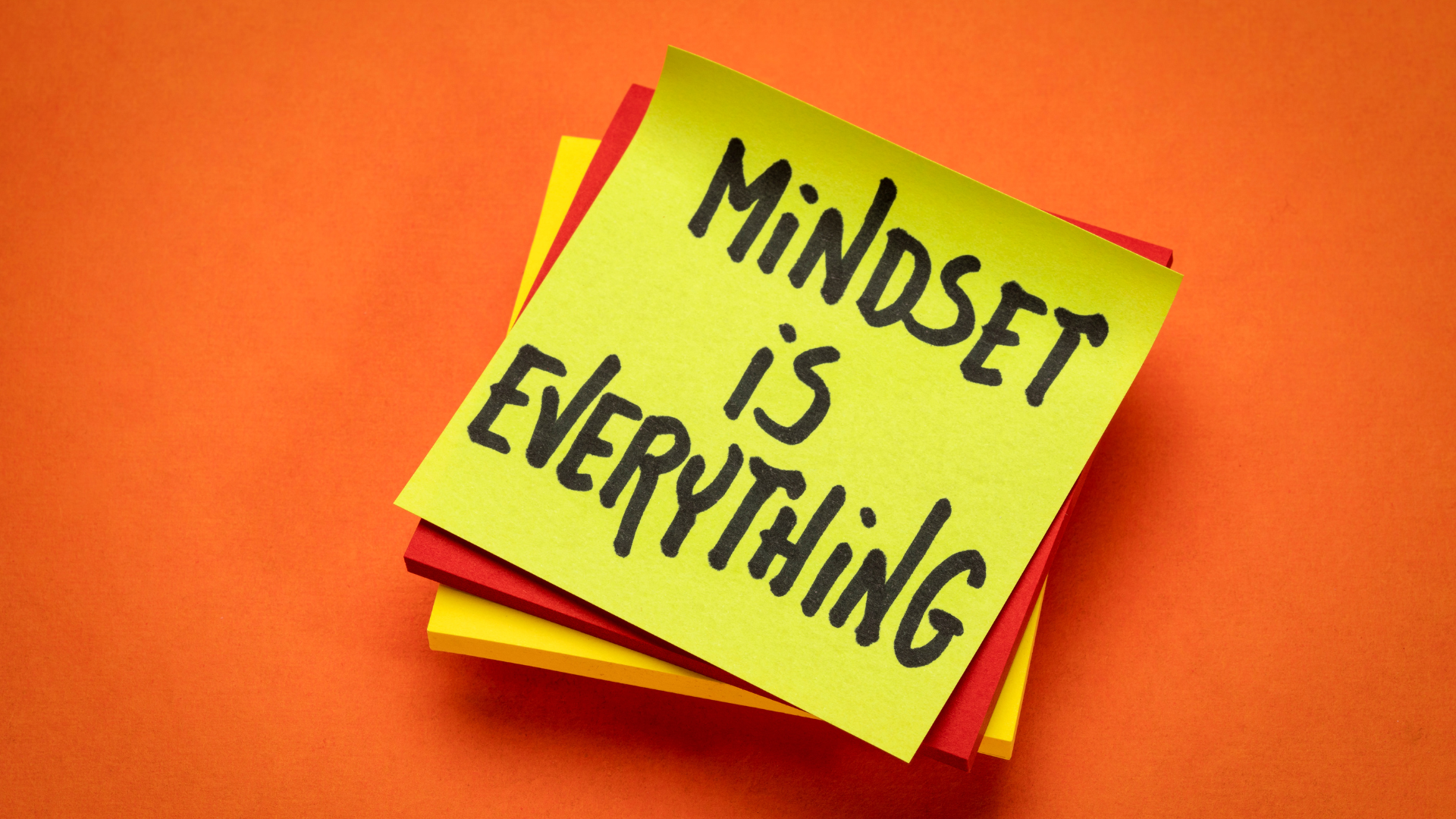Taking the plunge to return to work after a long absence can be challenging.
You might be feeling scared, overwhelmed, uncertain and alone. Or need help with how or where to begin.
Like all life changes, a transition from a career break back to work requires a roadmap – a series of small actionable steps to help you prepare physically and mentally for the change. And we believe the most successful roadmaps begin with adopting a positive mindset.
To get you started, here are our top mindset tips to help you tackle your job search and return to your career with clarity & confidence.

Identify your “why”
Before you begin your job search or transition back to work, we recommend identifying your “why” – asking yourself, “why am I returning to work?”.
Is it for additional income? Personal fulfilment? Meeting new people? Learning something new?
Whatever your reason, having a strong WHY deeply connected to your values is one of the most powerful forces you can tap into during your back-to-work journey. And once you are clear on your WHY, it will become easier to determine your goals and priorities.
Your WHY will also be your anchor when encountering difficulties and challenges. Returning to the root of why you are doing this will give you the strength and conviction to overcome obstacles. Ultimately, your WHY will serve as your guidepost towards your vision.
Set clear intentions
Many Returners often prioritise their families and others’ needs over their own, perhaps without even noticing that their needs have gone to the bottom of their agendas.
According to transformation coach Monica Haughey, “many women have lost part of themselves through motherhood and find it hard to identify what they want for THEMSELVES”.
To help reposition your needs back to the top of your list (where they belong), spend some time considering what you want out of your future career.
Determine what type of job you find both fulfilling and gratifying. Consider whether or not you want a role similar to the one you had before or want to try something new.
It can also be helpful to make a list of your career priorities or non-negotiables. This could be personal fulfilment, greater flexibility, personal development/learning opportunities, or the salary and benefits package. Knowing your priorities will help clarify whether you want to return to your previous career or use your skills to segue into a new field.
Mindfully manage expectations
Part of creating a positive mindset is learning to manage your expectations.
We encounter many unknowns when searching for a new role, and while, unfortunately, many elements of the process are out of our control, you can do a few things as a job-seeker to make the journey more manageable. And it all comes down to managing your job search expectations.
The return to work journey can be rife with unexpected hurdles and challenges. There are times when conversations may not materialise, or interviews may not go as well as expected. But with the right mindset, you can stay positive and mindfully manage your expectations throughout the process.
Once you are successful in your job search, being patient with yourself and others as you ease into your job is just as important. Remember that returning to work will be a learning curve- not just in getting up to date with the industry but also adjusting to a new environment– so try to persevere with a positive attitude and proactive outlook.
Managing new or old workplace relationships may also be a new experience since there may be younger co-workers, or the workplace may have different work culture from your previous job. There may also be different team dynamics for you to navigate. Keeping your mind open will help you to build long-term successful working relationships.
Engage your support system.
During your back-to-work journey, you may experience feelings such as stress, frustration and overwhelm. The important thing to remember is that you do not need to navigate the process alone. Whether it’s your family, friends or on an online Returner community like Back to Work Connect, having a solid, supportive network of support is one of the most powerful assets you can have in your return to work toolkit.
Reach out to close family members and friends – and don’t be afraid to ask them for help managing logistical challenges like child care or emotional support. Clear communication with all those impacted by your return to work is also crucial. Set clear boundaries and expectations in advance.
Looking after yourself and making time for self-care is more important than ever before – this includes eating a balanced diet, prioritising movement and getting enough sleep. When you feel your best and have a better frame of mind, you can effectively tackle challenges that may arise during your return to work journey.
Interested in learning more about developing a positive back-to-work mindset and returning to work with confidence? In that case, you’ll love our latest podcast episode with Transformational Coach Monica Haughey. Listen to the full episode here.



